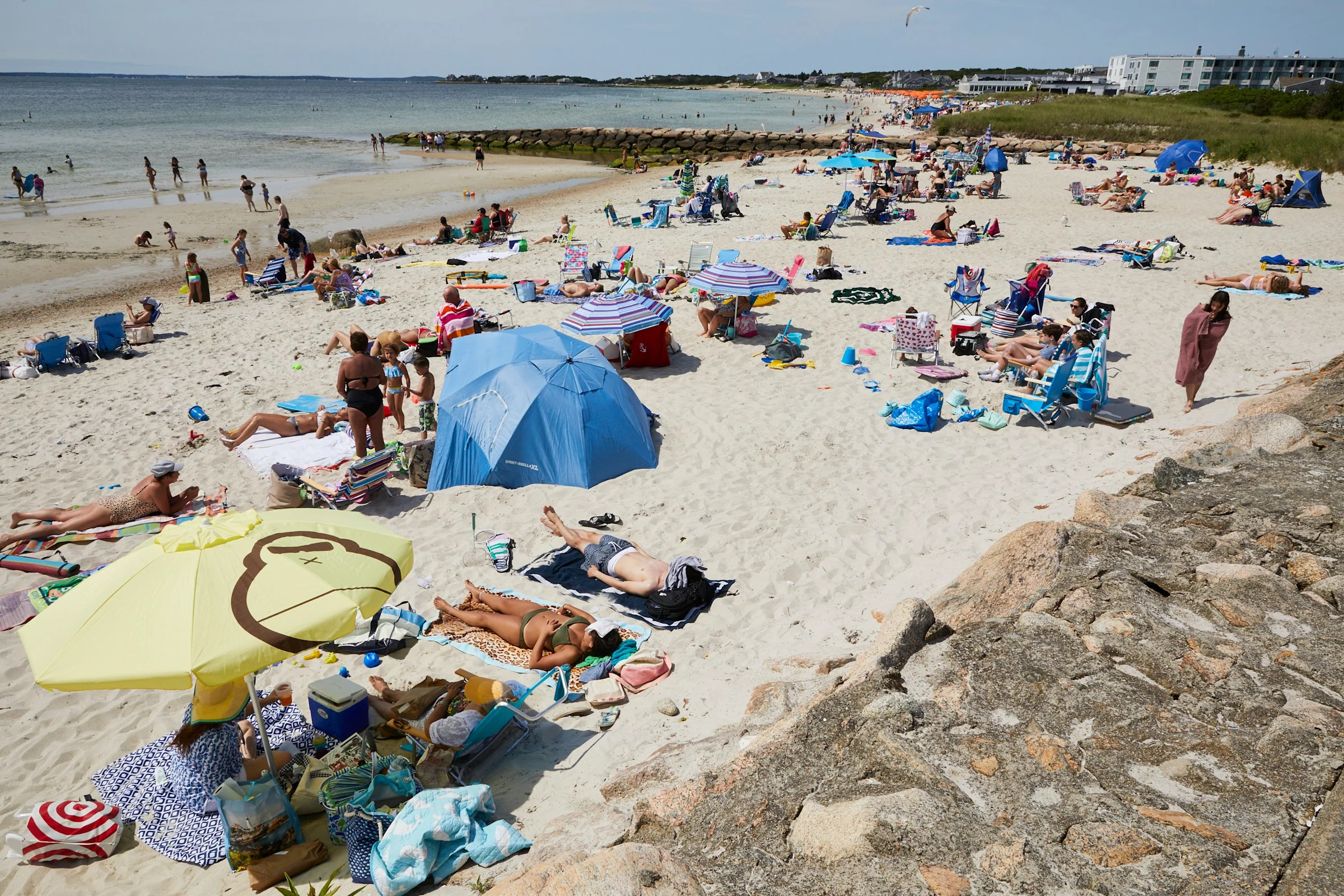A rare case of the potentially deadly bacteria Vibrio vulnificus was found in a person who was swimming with an exposed wound at Old Silver Beach, according to the town of Falmouth.
According to the Centers for Disease Control and Prevention, some species of Vibrio, such as Vibrio vulnificus, can cause severe and life-threatening infections, even necrotizing fasciitis, or “flesh-eating disease.”
The Falmouth case was confirmed by local and state officials on Aug. 8.
The disease has surfaced in Florida and Louisiana this year.
Louisiana has reported the highest number of Vibrio vulnificus infections in a decade, with 17 reported cases and hospitalizations, including four deaths, as of July 30. This is compared to the 10 years prior, which saw an average of only seven cases and one death a year during the same time period.
Florida has likewise reported four deaths caused by Vibrio vulnificus infections as of July 24. The state has counted 13 total cases, a rate that isn’t necessarily abnormal at this point in the year, according to Florida health data.
An average of 150 to 200 cases are reported each year, with most of them in Gulf Coast states, according to CDC data.
Vibrio vulnificus is a naturally grown bacteria found in coastal and estuarine waters — a mixture of fresh water and salt water – and can be detected in warmer waters, according to the statement.
Old Silver Beach is not closed and there are no advisories in effect, according to the town. Falmouth beaches are monitored for fecal bacteria by the Barnstable County Bathing Beach Monitoring Program, however, there is no way to monitor bathing water for Vibrio vulnificus.
The bacteria is rare in Massachusetts, but is slightly more likely in late summer and early fall when water temperatures are warmest, according to the statement. More cases of Vibrio vulnificus are being reporting in the north than in previous decades, which scientists attribute in part to climate change.

The town asked individuals to avoid swimming or going into water with open cuts, scrapes, or fresh tattoos or to cover the wound with a waterproof bandage. Also rinse any wounds with soap and fresh water after contact with coastal waters and seek medical care quickly if the wound becomes red, swollen, painful or is accompanied by fever after seawater exposure.
A Vibrio vulnificus infection can occur in at-risk individuals swimming in sea water with an open wound, according to the statement. The bacterium can cause illness through open wounds or consumption of raw or undercooked seafood. Cases of Vibrio were spotted in oysters in Wellfleet back in 2017.
At-risk individuals could include people with liver disease, diabetes, weakened immune systems, chronic illnesses, pregnant women, old adults and young children, according to the statement. Wound infections and eating raw seafood can put these individuals at greater risk.
For more information visit the CDC or Mass.gov.
Material from USA Today was used in this report.
Desiree Nikfardjam is a reporter covering breaking and trending news. She graduated from Columbia University’s Graduate School of Journalism. You can reach her at DNikfardjam@gannett.com.
Thanks to our subscribers, who help make this coverage possible. If you are not a subscriber, please consider supporting quality local journalism with a Cape Cod Times subscription. Here are our subscription plans.
This article originally appeared on Cape Cod Times: Case of rare, flesh-eating bacteria reported on Cape Cod
Yahoo News – Latest News & Headlines
Read the full article .


